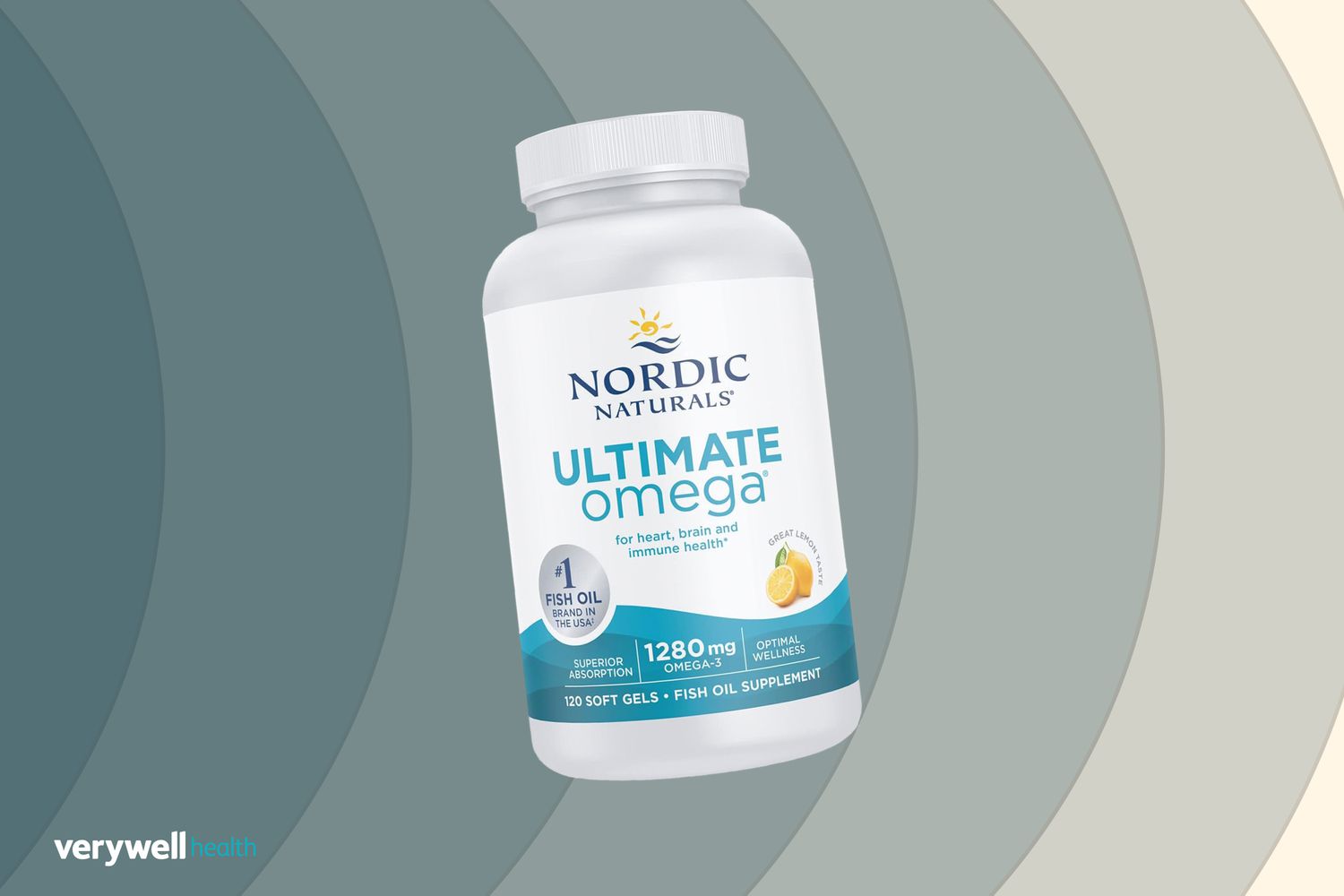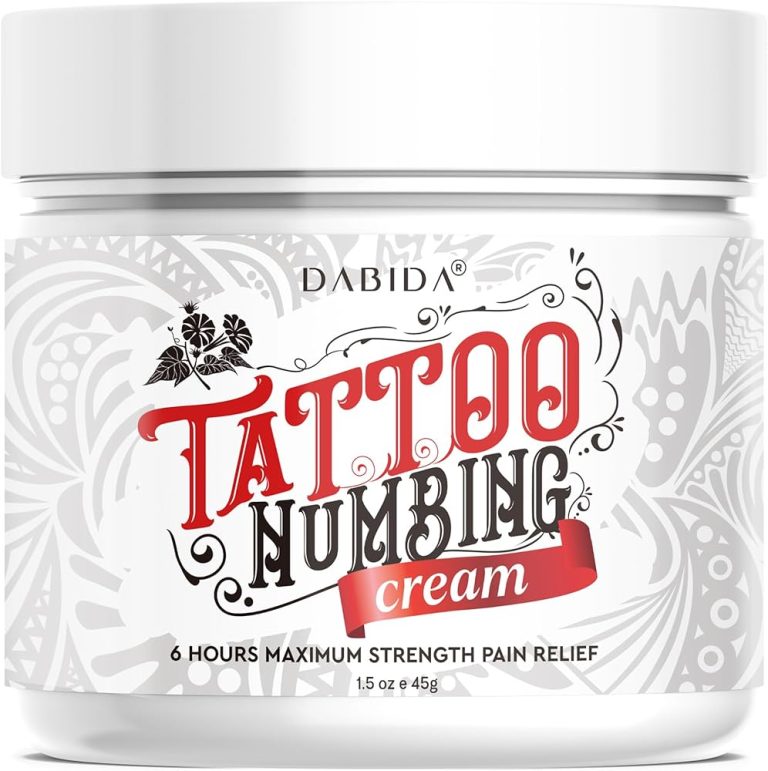9 Best Fiber Supplements for Women: Boost Your Health with Top Picks in 2024
Are you struggling to get enough fiber in your diet? You’re not alone. Many women find it challenging to meet their daily fiber needs, which can lead to digestive issues, weight gain, and other health problems. Fortunately, fiber supplements offer an easy and effective solution.
In this article, you’ll discover the 9 best fiber supplements specifically designed for women. Whether you’re looking to improve digestion, manage weight, or boost overall health, these top-rated options will help you meet your nutritional goals. Keep reading to find the perfect fiber supplement for your lifestyle.
Understanding Different Types of Fiber Supplements
Navigating the plethora of fiber supplements can be tricky. Knowing the types available helps you make an informed choice tailored to your needs.
Soluble Fiber Supplements
Soluble fiber supplements dissolve in water and form a gel-like substance, slowing digestion and helping manage blood sugar levels. Ingredients like psyllium husk or inulin are common. For example, psyllium husk is known for its benefits in regulating cholesterol levels and improving heart health.
Insoluble Fiber Supplements
Insoluble fiber supplements don’t dissolve in water and help add bulk to stool, promoting regular bowel movements. They often include ingredients like cellulose or wheat bran. These supplements are ideal for alleviating constipation and improving digestive health.
Blended Fiber Supplements
Blended fiber supplements combine both soluble and insoluble fibers, offering comprehensive benefits. Products might use a mix of psyllium, oat bran, and flaxseed. This blend provides a balanced approach to improving overall digestive health and supporting weight management.
Understanding these types ensures you select the best fiber supplement for your specific health goals.
Top 9 Best Fiber Supplements for Women
Navigating the sea of fiber supplements can be overwhelming. We’ve narrowed down the best options tailored for women.
Organic Psyllium Husk Powder
Organic psyllium husk powder is a top choice for women seeking to improve digestive health. Its high soluble fiber content helps manage blood sugar and supports heart health. Mix it with water or add it to smoothies for a simple intake method.
Prebiotic Inulin Fiber Supplement
Prebiotic inulin fiber supplements enhance gut health by promoting beneficial bacteria growth. This soluble fiber variant can be blended into drinks or sprinkled over cereal, aiding in efficient bowel movements and healthy digestion.
Acacia Fiber Powder
Acacia fiber powder serves as a versatile and gentle option. Rich in soluble fiber, it can be added to water or juices to support intestinal flora and reduce bloating. It’s known for being well-tolerated, even by sensitive stomachs.
Flaxseed Fiber Supplements
Flaxseed fiber supplements provide both soluble and insoluble fibers. They’re packed with omega-3 fatty acids, which reduce inflammation and support heart health. Ground flaxseed is easy to incorporate into your diet by adding it to oatmeal or yogurt.
Chia Seed Fiber Supplements
Chia seed fiber supplements are a nutrient powerhouse. High in soluble fiber, they help maintain hydration and curb appetite. Sprinkle chia seeds on salads, mix them into yogurt, or use them to make a healthy pudding.
Polydextrose Powder
Polydextrose powder is a unique fiber option. It offers low-calorie content and supports digestive health by increasing stool bulk. This supplement is easily mixed with beverages or baked goods, providing flexibility in your diet.
Wheat Dextrin Supplement
Wheat dextrin supplements are ideal for those looking for a tasteless, easy-to-mix fiber option. This soluble fiber helps maintain digestive health and can be conveniently added to water or tea without altering the flavor.
Resistant Maltodextrin Fiber Supplement
Resistant maltodextrin fiber supplements offer glycemic control benefits. This soluble fiber improves bowel regularity and is easily dissolvable in hot and cold liquids, ensuring effortless daily consumption.
Digestive Resistant Cornstarch
Digestive resistant cornstarch is another fantastic fiber choice. It supports weight management by promoting satiety and helps regulate blood sugar levels. Mix it into smoothies or use it in cooking to reap its benefits without changing your meal’s taste.
How to Choose the Right Fiber Supplement
Considering Your Dietary Needs
Identify your specific dietary needs before choosing a fiber supplement. If you need to improve digestion, opt for soluble fibers like psyllium husk. For those looking to enhance gut health, prebiotic fibers like inulin are excellent. If heart health is your priority, go with flaxseed or chia seeds. Knowing what you need to target helps you select the right type of fiber.
Evaluating the Form of Supplement
Determine which form of supplement suits your lifestyle best. Fiber supplements come in powders, capsules, tablets, and gummies. Powders are versatile and can be mixed into drinks or food, while capsules and tablets are convenient for on-the-go use. Gummies might be more palatable for those who dislike swallowing pills. Choose a form that you’ll consistently use to get the best results.
Flavor and Additives in Fiber Supplements
Examine the flavors and additives in fiber supplements. Some products have natural flavors, while others may include artificial additives. If you prefer a natural product, check for organic and non-GMO labels. Consider flavor if you’re sensitive to taste or plan to mix the supplement into beverages. Avoid options with excessive sugars or artificial sweeteners for a healthier choice.
Incorporating Fiber Supplements Into Your Diet
Introducing fiber supplements to your diet can help you meet your nutritional goals and support overall health.
Best Practices for Integrating Fiber Supplements
Start Slowly. Gradually increase your fiber supplement intake to allow your digestive system to adjust. This helps reduce the risk of bloating and gas.
Stay Hydrated. Drink plenty of water when taking fiber supplements. Adequate hydration aids fiber’s movement through your digestive tract, promoting regular bowel movements.
Monitor Dosage. Follow the recommended dosage on the supplement packaging. Taking more than suggested can lead to digestive discomfort.
Balance Your Diet. Combine fiber supplements with fiber-rich foods like fruits, vegetables, and whole grains. A balanced diet enhances the overall benefit of the supplement.
Choose the Right Time. Take your fiber supplement at the same time each day. Consistency helps your body adapt and maximizes the supplement’s effectiveness.
Possible Side Effects and How to Avoid Them
Bloating. Ease this sensation by starting with a smaller dose of fiber supplement and slowly increasing it over time.
Gas. Prevent excess gas by incorporating your supplement gradually and drinking plenty of water throughout the day.
Constipation. Avoid constipation by not overloading your system with too much fiber too quickly. Ensure you maintain a balanced intake and stay hydrated.
Diarrhea. Prevent this by adhering to the recommended dosage and introducing the supplement gradually. Rapid changes in fiber intake can disrupt your digestive balance.
Interference with Medication. Check with your healthcare provider before starting a fiber supplement, especially if you take other medications. Some fiber types can affect medication absorption.
The Role of Fiber in Women’s Overall Health
Fiber plays a crucial role in maintaining overall health, especially for women. It’s essential not only for digestive health but also for various other aspects of well-being.
Benefits Beyond Digestion
Promotes Gut Health. Fiber supports the growth of good bacteria in your gut, enhancing your immune function.
Regulates Blood Sugar. Soluble fiber helps slow down the absorption of sugar and improves blood sugar levels.
Lowers Cholesterol. Fiber can reduce bad cholesterol levels, contributing to better heart health.
Supports Skin Health. Fiber helps your body eliminate toxins, potentially leading to clearer skin.
Impact on Weight Management and Heart Health
Aids Weight Management. Fiber helps you feel full longer, reducing overall calorie intake.
Reduces Heart Disease Risk. High fiber intake can lower blood pressure, inflammation, and bad cholesterol levels.
Improves Metabolism. Soluble fiber can slow the absorption of nutrients, helping maintain a steady energy supply.
Maintains Healthy Blood Vessels. Fiber improves circulation by keeping your blood vessels healthy, reducing heart attack and stroke risks.
Frequently Asked Questions
Get answers to your most common questions about fiber supplements and their benefits for women.
How Much Fiber Do Women Need Daily?
Women should aim for 25 to 30 grams of fiber per day, according to the American Heart Association. If you’re pregnant or lactating, consult your healthcare provider for personalized recommendations.
Can Fiber Supplements Replace Natural Fiber Sources?
Fiber supplements can complement your diet but shouldn’t completely replace natural fiber sources like fruits, vegetables, and whole grains. Whole foods provide additional nutrients and benefits that supplements alone can’t match.
Conclusion
Choosing the right fiber supplement can significantly enhance your overall health. By understanding the various types of fiber and their benefits, you can make informed decisions that align with your health goals. Remember to incorporate supplements gradually, stay hydrated, and monitor your dosage. While supplements are beneficial, they shouldn’t replace the natural fiber found in fruits, vegetables, and whole grains. These natural sources provide essential nutrients that support your well-being. Prioritize a balanced diet and consider fiber supplements as a helpful addition to meet your daily fiber needs.






